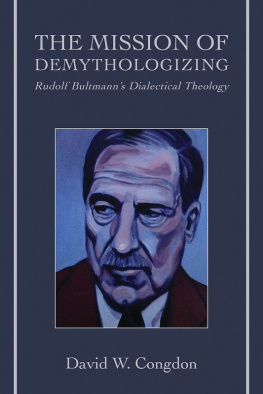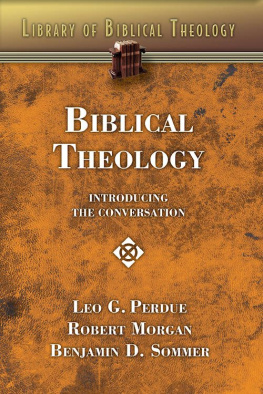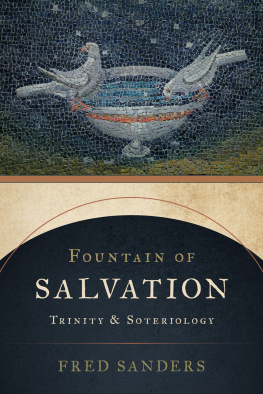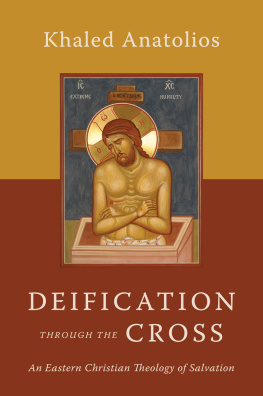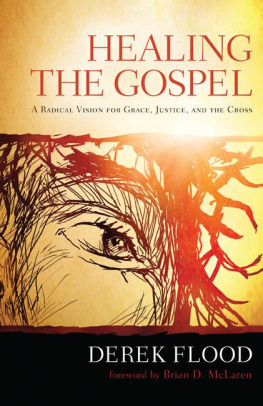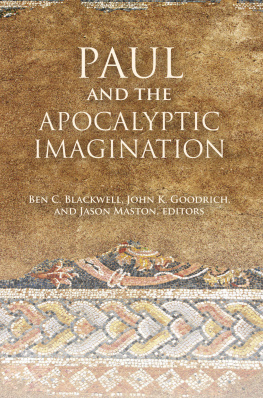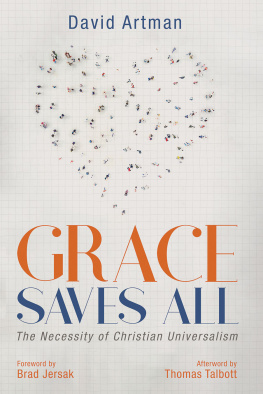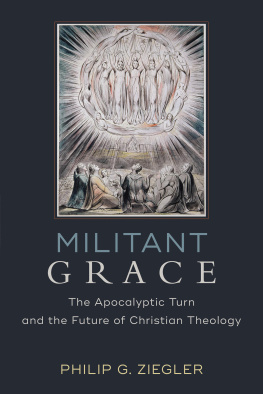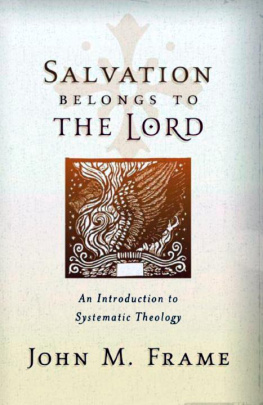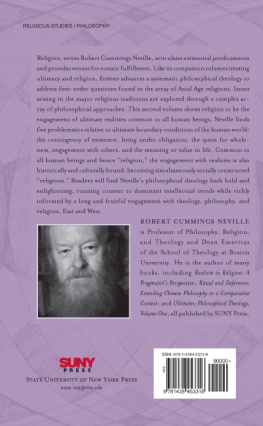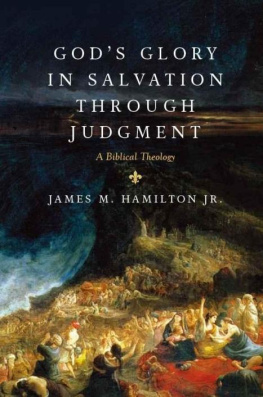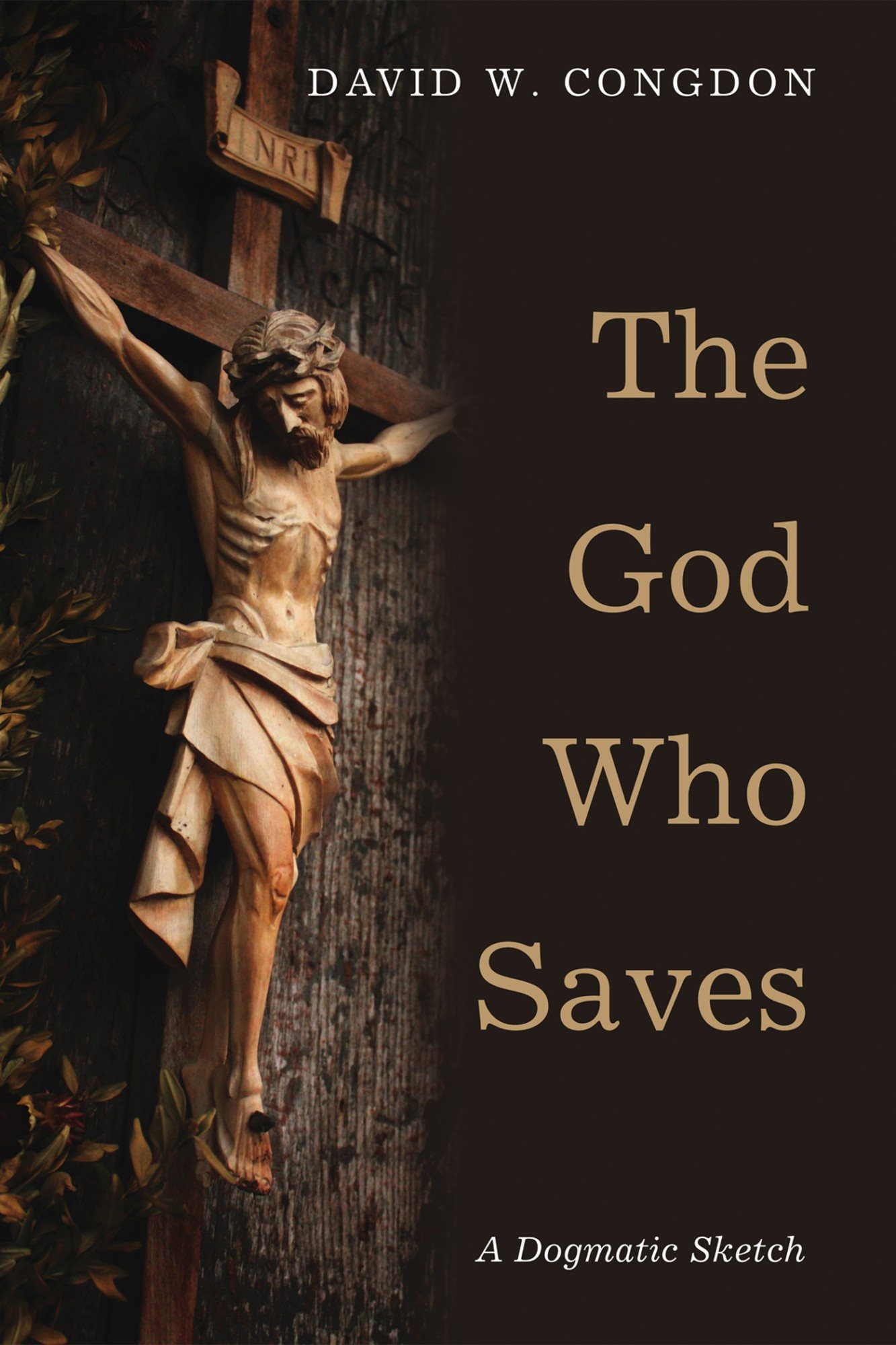The God Who Saves
A Dogmatic Sketch
David W. Congdon
The God Who Saves
A Dogmatic Sketch
Copyright 2016 David W. Congdon. All rights reserved. Except for brief quotations in critical publications or reviews, no part of this book may be reproduced in any manner without prior written permission from the publisher. Write: Permissions, Wipf and Stock Publishers, W. th Ave., Suite , Eugene, OR 97401 .
Cascade Books
An Imprint of Wipf and Stock Publishers
W. th Ave., Suite
Eugene, OR 97401
www.wipfandstock.com
paperback isbn: 978-1-60899-827-2
hardcover isbn: 978-1-4982-8539-1
ebook isbn: 978-1-5326-0849-0
Cataloguing-in-Publication data:
Names: Congdon, David W.
Title: The God who saves : a dogmatic sketch / David W. Congdon.
Description: Eugene, OR: Cascade Books, 2016 | Includes bibliographical references and indexes.
Identifiers: isbn 978-1-60899-827-2 ( paperback ) | isbn 978-1-4982-8539-1 ( hardcover ) | isbn 978-1-5326-0849-0 ( ebook )
Subjects: LCSH: SalvationChristianity | Universalism | Eschatology | Apocalyptic literature
Classification: BX9941 C23 2016 ( print edition ) | BX9941 ( ebook )
Manufactured in the U.S.A.
Bible translations are from the New Revised Standard Version Bible, copyright 1989 , Division of Christian Education of the National Council of the Churches of Christ in the United States of America. Used by permission. All rights reserved.
For Mark Husbands and Bruce L. McCormack
who taught me to think theologically
Hope in God is the essence of hope in the resurrection. This hope is hope in salvation only to the extent that it is directed toward the God who saves.
Eberhard Jngel, Tod
Prologue
How My Mind Has Changed
T his is not the book I initially set out to write. For that reason, some biographical context is necessary.
This book had its genesis in 2006 , when I came to the realization that universal salvation was the only account of Christianity I could find credible. The reasons for this are varied and I will not go into them here. Suffice it to say that everything I studied since has only confirmed those initial intuitions, even if my explanatory account has dramatically changed. At the time I was still a theological neophyte, a seminarian discovering the diversity of the Christian tradition. I was under two main influences. The first was my complicated, often antagonistic, relationship with my evangelical heritage. I was raised within the context of conservative American evangelicalism and was a sixth-generation Wheaton College graduatemy evangelical credentials were second to none. But my experience at Wheaton left me disillusioned with this community and I sought to expand my theological horizons. Following graduation I matriculated at Princeton Theological Seminary in fall 2005 to study under Bruce McCormack, who had lectured at Wheaton on the doctrine of justification in 2003 . The year 2006 was also important because that year Gregory MacDonald published The Evangelical Universalist . As I was seeking to flee my evangelical identity in favor of universalism, MacDonalds work came along to show how to have ones cake and eat it too. While I never shared MacDonalds particular view on the matter, it arrived at a most opportune time and convinced me I was on the right path, albeit a different one.
Naturally, as a Princeton Seminary student, the second influence was my study of Karl Barth. From Barth I appropriated a strong sense of Jesus Christs centrality to faith and theology. But even more importantly, Barth taught me to see Christs saving work as the actuality of salvation and not merely its possibility . In those early years of seminary I was still in the mode of deconstructing my evangelical upbringing, a process that began the summer between my freshman and sophomore years of college. Barth provided me with the tools to leave evangelical theology behind where soteriology was concerned. Evangelicalism, especially in North America, has always placed a premium on the personal decision of faith. Salvation occurs when a person consciously commits to follow Jesus. Such a person, some say, is now born again. Many have criticized this evangelical paradigm for making salvation contingent upon being born in a context in which one is likely to hear the gospel and be able to respond to ithence the perennial question, What about those who have never heard? Barth taught me to reject this paradigm for a more basic theological reason, namely, that it made the human person, rather than God in Christ, sovereign over my eternal place before God. If Christ alone actualizes our reconciliation to God, then the only question is whether Christ represents all people or only a select few. On that point I had no doubtsthe former! I was never a Calvinistand despite what I tried telling myself in 2006 and 2007 , I was never Reformed either. Things then took a surprising turn in 2008 .
Like many seminary graduates, I thought my theological perspective was more or less settled. But in the autumn of 2008 I began the PhD program in theology with an independent study on Rudolf Bultmann under the tutelage of James F. Kay. Reading Bultmann threw open the windows of my mind and let a fresh wind blow through me. In that independent study I read Bultmanns 1959 response to Barths essay, Christ and Adam , in which Bultmann objects, among other things, to the clearly universalistic thrust of Barths piece. This was initially quite a shock. I recognized all the key elements of Barths dialectical theology in Bultmanns writings, so I naturally expected the latter to reach the same soteriological conclusions. The fact that he did notand demurred emphaticallytook me months, even years, to process. In a way unlike any theologian I had encountered, Bultmann emphasized the problem and significance of our historicity ( Geschichtlichkeit ), referring to the fact that our existence, including our thinking and speaking, occurs within a particular historical location. For Bultmann any theological claim has to concern us in our historicity. The problem with universalismas well as any notion of pretemporal electionis that it makes a judgment about the individual without regard for her particular historicity and is only, at best, indirectly related to personal existence. Reading Bultmann thus validated an instinct I had inherited from my evangelical upbringing. Bultmann (perhaps ironically, perhaps not) helped me to recover my evangelicalism!
During the following years, with assistance from further study of Barth and the writings of Eberhard Jngel, I would gradually internalize Bultmanns insights into the historical nature of both God and appropriate talk of God. But my basic intuitions about universal salvation remained unshakeable. The result was a deep internal tensiona tension between a Bultmannian methodological starting point and a Barthian soteriological conclusion. My dissertation, which I began to formulate in 2010 , was an attempt to reconcile Barth and Bultmann at the methodological level. The received wisdom is that the Bultmann who formulated the program of demythologizing had abandoned the dialectical theology he once shared with Barth in the 1920 s. Before I could tackle the question of soteriology I first had to overturn that widely held assumption. The research I conducted revealed that Barth and Bultmann shared a core dialectical thesis from beginning to end, and it was Barth , rather than Bultmann, who departed from the original version of this thesis in response to various theological and political pressures. Because the shared thesis is soteriological in nature, their disagreement was also soteriological. Essentially, dialectical theology is an eschatological-christological soteriology, in which the saving event of the transcendent God that occurs in Jesus Christ remains beyond every immanent situation, but one can either develop this soteriology consistently to the end (as in Bultmann), or one can reinterpret it protologically (as in Barth).


